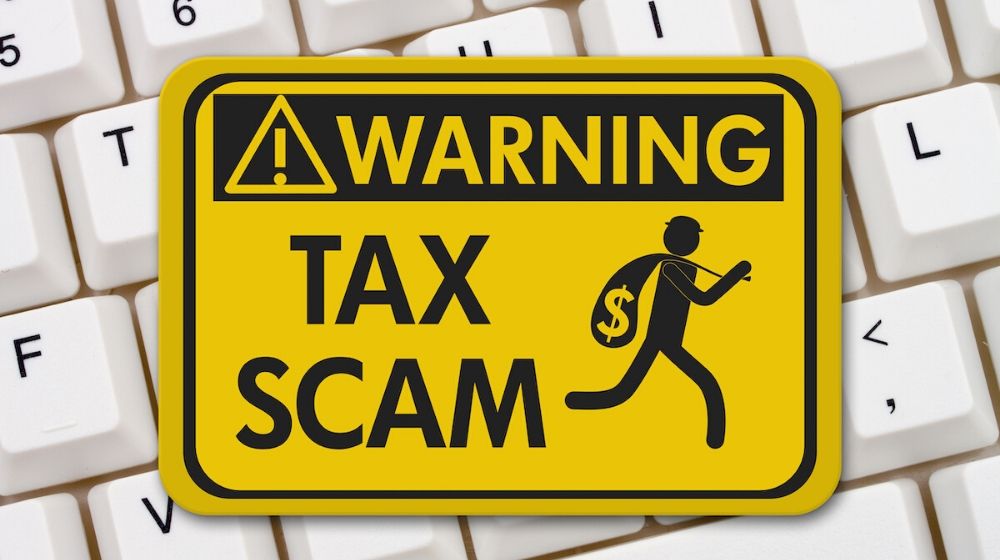Taxes
Tax Season Scams: Here’s What to Look For

Tax season is right around the corner, which means, unfortunately, so are tax season phishing scams.
According to the Indiana Department of Revenue, they will start accepting tax filings for the 2020 individual income tax season Jan. 27.Customers will have until April 15 to file their tax returns and pay any taxes owed.
Last year, Greensburg Police Chief Brendan Bridges told the Daily News his department received anywhere from three to five calls per week in regards to phony contact attempts. The majority of them, he said, are from the elderly.
If you don't know the email or phone number of the individual contacting you, don't answer their questions, the police chief said.
https://twitter.com/NCSbyHTCS/status/1212998175268724736
According to the Indiana Department of Revenue, the following are signs of a phishing scam:
- An email asks customers to confirm personal information.
- A website and email addresses do not look genuine or the URLs are shortened.
- An email is poorly written– look for grammar mistakes or odd phrases.
- An email includes a suspicious attachment–never open attachments in emails unless they're from a trusted source.
- A message is designed to make an individual panic and take immediate action.
- An email claims to be from DOR or the IRS asking for personal information–please note that neither agency will ask for personal information via email.
As previously reported by the Daily News, a new twist on phishing schemes includes victimizing customers through their own bank account.
Criminals will steal personal data, file a fraudulent tax return, and then use the taxpayer's bank account to direct deposit the tax refund. The criminals then use different tactics to reclaim the refund from the taxpayer by falsely claiming to be from a collection agency, the Department of Revenue or the IRS.
The Department of Revenue also said tax professionals, payroll offices and human resources staff should be on alert when asked for W-2 or banking information as criminals may pose as employees to acquire personal information to file fraudulent refunds.
The DOR is also encouraging customers not to file their individual taxes prior to the Jan. 27 start date or before all necessary documentation has been obtained. Attempting to file without all documents can result in a lengthy delay in processing, ultimately postponing any refund a customer may receive.


